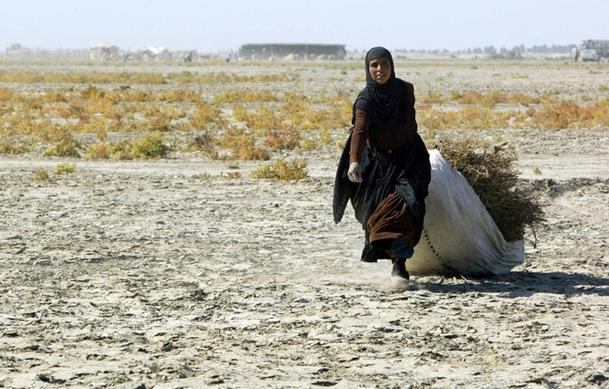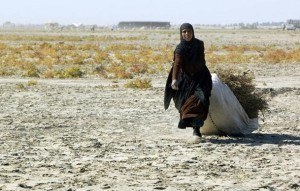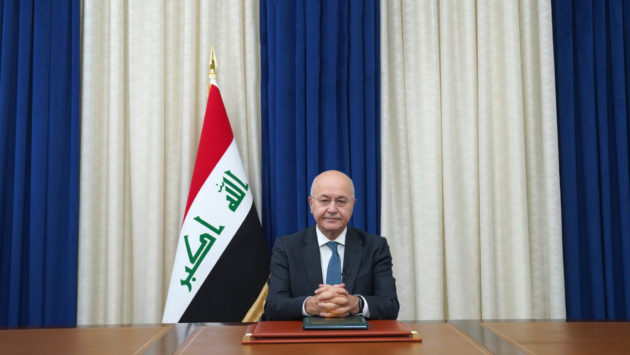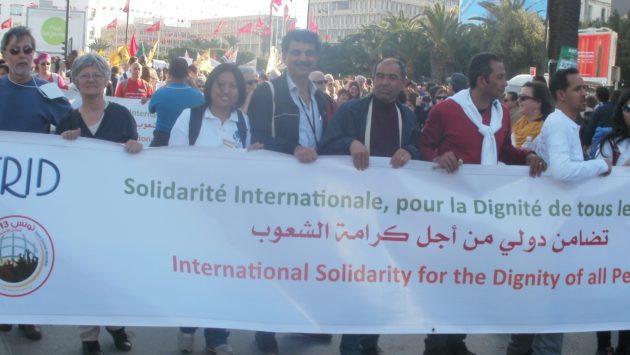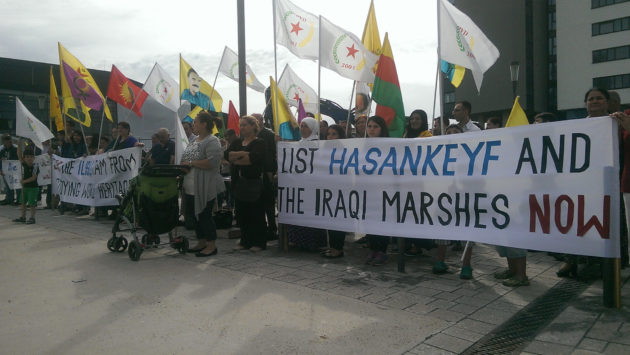Overcoming water shortage remains one of Iraq’s major challenges
UNESCO Iraq launches new report to manage drought in Iraq, November 2013
The United Nations’ Educational, Scientific, and Cultural Organization (UNESCO) announced today the launching of the Analysis Report “Integrated Drought Risk Management – National Framework for Iraq” produced by UNESCO’s Iraq Office under the Drought Risk Management (DRM) Project, a joint UN-programme funded by the Iraq UNDAF fund.
During the previous months, UNESCO and UNAMI’ Joint Analysis Unit assessed the information gathered and analyzed investigating the severity, trend and impact of drought on key sectors and societal groups, in order to support the formulation of an integrated programme to manage drought risks in Iraq. Based on available meteorological data, the study introduced the “Standard Precipitation Index (SPI)”, as the first drought index indicator applied to Iraq. This new indicator will help experts identify drought patterns across the country, allowing them to predict and monitor future drought episodes and to classify the most vulnerable areas.
“Understanding any problem is always the first step towards finding appropriate solutions”, stated the Head of UNESCO’s Natural Sciences Sector in Iraq, Dr. Andreas H. Lück. “The data published in this report, and the SPI in particular, will help the government improve its capacity and performance in drought monitoring, formulate strategies and policies for drought preparedness, and most importantly to reduce the risks of future drought events”, added Dr. Lück, ensuring that this major step comes in a series of comprehensive response developed by UNESCO in the field of drought and water resources’ management.
Overcoming water shortage remains one of Iraq’s major challenges. Aggravated in recent years by drought and climatic variations, Iraq faces declining storage and irrigation capacities, while water scarcity has led to more arid conditions, saltier and eroding soils, and – as a consequence – to an aggravated desertification of the arable lands which dramatically affects agricultural productivity.
Through its diverse interventions in the field of water resources’ management, UNESCO’s Iraq Office is supporting the Government of Iraq in building institutional capacities in drought planning and research. It promotes the adherence to international conventions and treaties pertaining to water use, and establishes a reliable database of indicators allowing the formulation of informative policies and efficient strategies.
see also Water in Iraq Factsheet March 2013 Water-Factsheet

